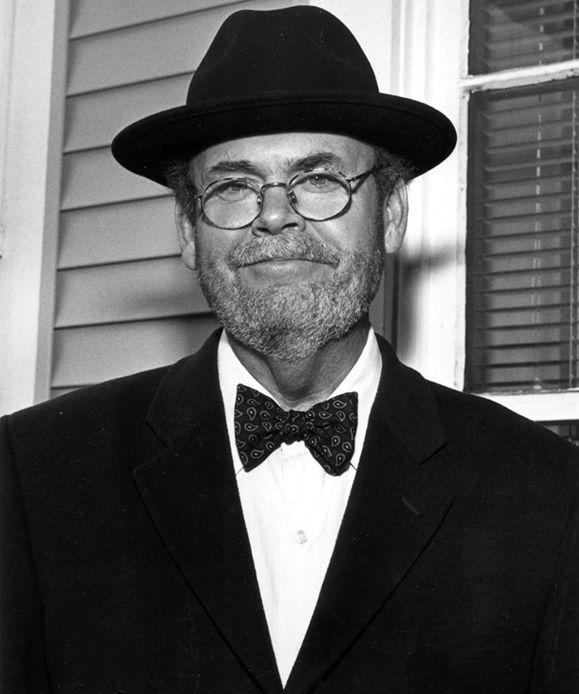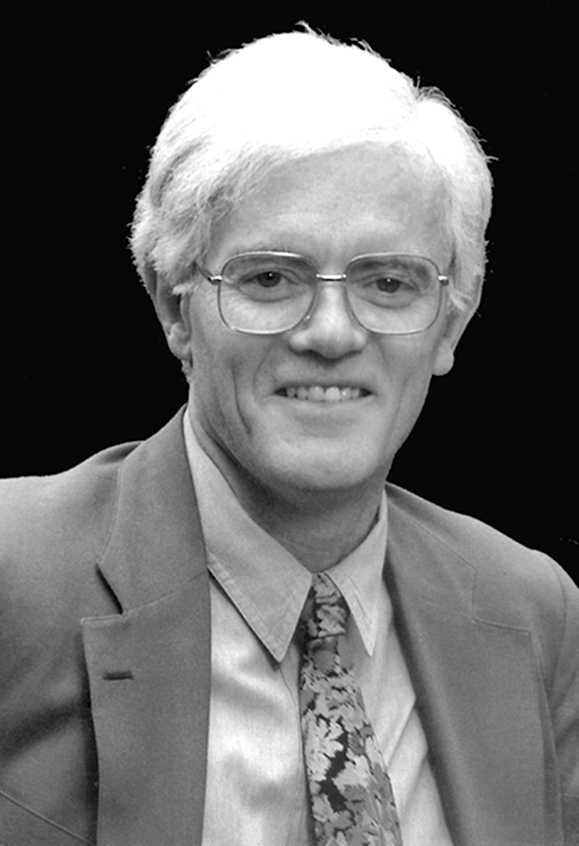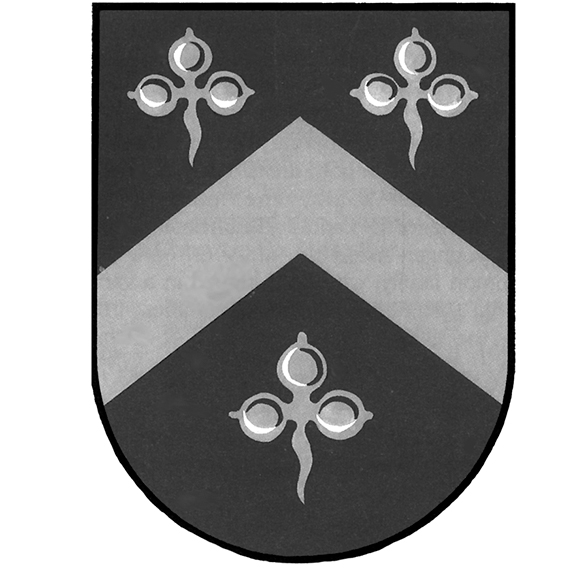The Lynch family derives from several independent clans. One of these is the Norman family De Lench who came to Ireland in the 12th century and were the most prominent of the “Tribes of Galway.” These were the 14 Norman families who controlled this important medieval trading city and made it one of the few outposts in the West of Ireland that was loyal to the British crown. An indication of the power of the Lynch family in Galway can be seen from the fact that there were 84 Lynch mayors in the period 1485 to 1654. One of the castles of the Lynch family, in Galway City, is still occupied. Appropriately for a merchant family, it is used as a bank!
The second root of the name Lynch is from the Gaelic O’Loinseach. Families of this name are historically associated with Cork, Clare and Sligo. The word means mariner, and it is interesting that many Lynches have made their name as mariners.
Among these is Patrick Lynch, one of the heroes of the Chilean Navy. Another is Sir Thomas Lynch, who was the British Governor of Jamaica in the period 1670 to 1676, during which time his brief was to make it a haven for buccaneers. These were effectively pirates who were allowed by the British to use Jamaica as a base in return for their attacks on Spanish ships, and for a cut of the booty obtained. In 1682, when European politics had changed, he was sent back to suppress these same pirates, which he did successfully.
Another Lynch mariner was Henry Blosse Lynch (1807-1873), one of several brothers who distinguished themselves as explorers and naval officers. Henry joined the Indian Navy and served in the Persian Gulf, where his talent for the Persian and Arabic languages caused him, within a few years, to become the official interpreter for the Gulf Squadron. In this capacity he was involved in negotiations with local sheiks. Later he commanded expeditions to explore the Euphrates and Tigris rivers. In the latter expedition he traveled as far as Baghdad. One of Henry’s brothers died in a hurricane during one of these expeditions. Another brother, Thomas Kerr Lynch (1818-1891), was also on this expedition and subsequently established steamer services on the Tigris linking Baghdad with India. He traveled extensively in Persia, was decorated by the Shah, and was later made Persia’s consul general in London.
In modem times the best-known Lynch in Ireland is Jack Lynch from Cork, who, apart from winning many honors in hurling and Gaelic football, also became Prime Minister of Ireland for two terms in the 1970s. The Lynch politician with, perhaps, the most interesting career was Arthur Alfred Lynch (1861-1934). Bom in Australia, he became a journalist and worked for newspapers in both London and Pads. In 1900 he went to South Africa to cover the Boer war for Le Journal of Paris. He promptly joined the Boer army as a member of the No. II Irish Brigade. On the defeat of the Boers he returned to Paris via the U.S. In 1901, assisted by the accounts of his Boer exploits, he was elected as an Irish Nationalist member of parliament for Galway. However, when he went to Westminster to take up his seat, he was arrested and tried for his Boer activities, and sentenced to death. This was commuted to life imprisonment and he was later pardoned. He again served as Nationalist MP for Galway, from 1909 to 1918.

Thomas Lynch 
Peter Lynch
The origin of the word “lynch,” meaning judge and punish outside the law, is disputed but certainly derives from a member of the family. One claim credits it to Charles Lynch (1736-1796), a colonel of the Virginia Militia who served in several battles of the War of Independence, including Yorktown, and was a Virginia senator from 1784 to 1789. Due to the disrupted state of Virginia courts in the war period, an unofficial court was set up to administer justice. Charles Lynch was the presiding judge, and thus, it is claimed, his name came to have the above meaning. Although the word is sometimes used to signify unjust or rash punishment, this was not the case with the court presided over by Lynch, whose actions were later endorsed as necessary and just by the State.
The other, less credible, origin of the word is from a very popular Lynch mayor of Galway whose son was convicted of a crime and sentenced to hang. The people of Galway, with whom the mayor was very popular, refused to allow the sentence to be carried out. Mayor Lynch, insistent that justice be administered evenly, is said to have performed the hanging himself.
One of the signatories of the Declaration of Independence was Thomas Lynch, a grandson of a Galway-born Lynch. Another notable, more contemporary Thomas Lynch is the author/poet/essayist/undertaker whose book of essays The Undertaking won an American Book Award and was a finalist for the National Book Award. Peter Lynch of Fidelity Management is the most successful money manager in the history of Wall Street, while David Lynch, the director, is famous for such off-beat films as Blue Velvet and the TV series Twin Peaks. ♦


Leave a Reply